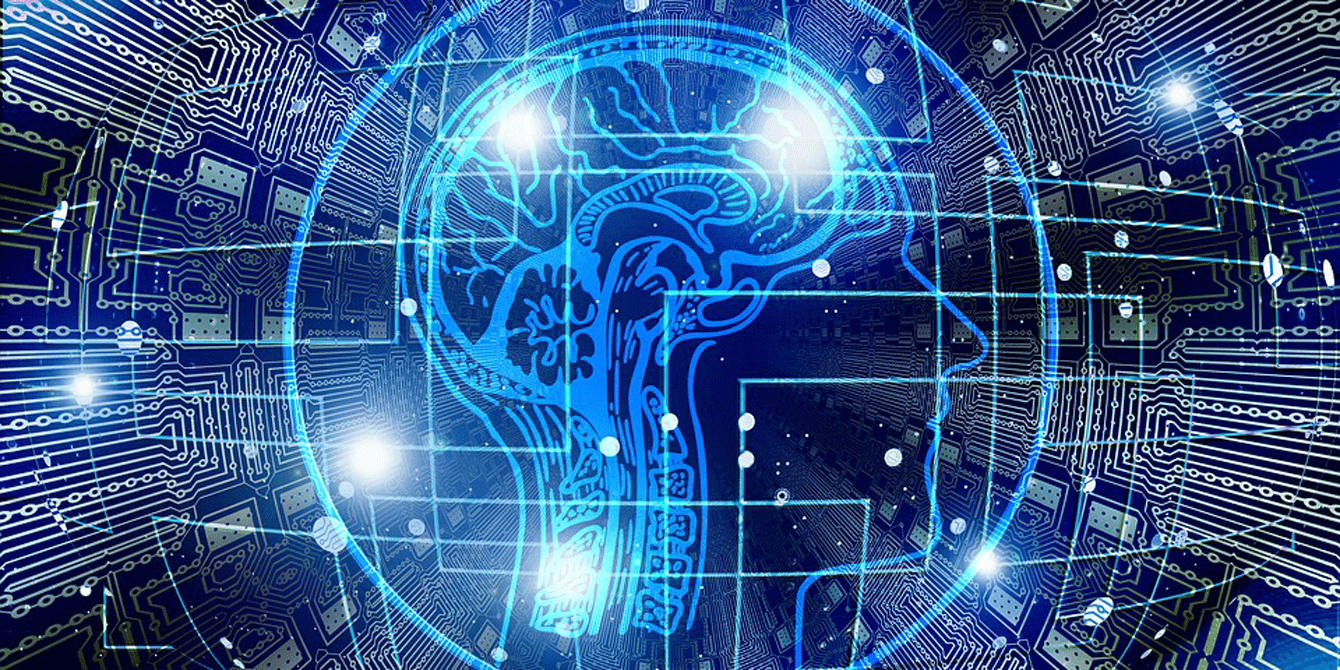
The breakthrough of artificial intelligence?
What do autonomously driving taxis in Singapore, the “da Vinci” robotic surgical system and Saturn‘s use of virtual reality theme parks have in common? The basis of these innovations is artificial intelligence (AI). As a key technology of digitalization, AI is increasingly being used in various areas of our everyday lives and companies are dealing more and more with new technologies in order to optimize customer experience as well as products themselves.
AI will also shape everyday work in the future. Banks and insurance companies optimize their customer communication by using AI. Consultation sessions are recorded and evaluated by AI and afterward, employees receive system-generated feedback and are coached accordingly. However, AI is not only relieving people in their jobs, it has the potential to replace entire jobs with progressive improvement. In May 2018, Google introduced its AI Duplex at a developer conference. With Duplex, Google aims to enable a real dialogue between humans and computers, with natural irregularities in speaking. For instance, Duplex accepts a reservation request for a table in a restaurant surprisingly real or is capable to make an appointment with a hairdresser.
At this point, companies are suddenly confronted with fundamental ethical questions. How can they best protect themselves against fraudsters? Does AI necessarily have to be recognizable as such in dialogue with humans? Or when should AI break specific rules, e.g. in order to maintain safety in road traffic and thereby protect people? Questions to which many companies, including Google, have not found a satisfactory answer yet.
Starting points for artificial intelligence in publishing
Zalando publicly announced the plan to replace 250 marketing specialists with AI in March 2018. Consequently, a discussion about the future of advertising professionals arose. This development creates the impression that automation by AI could replace jobs across all levels of education with advancing technology. Some advertising experts even believe that AI brings new opportunities. Marketing conditions are made easier and expert knowledge is still required to implement technologies properly and come to helpful strategic conclusions (W&V no. 29). But how does it look for publishers in concrete terms? For example, which options do corporations, publishers and agencies have when it comes to using AI-requiring technologies?
David Rheault has the point of view that publishers need to consider AI and machine learning in the next couple of years. In fact, some publishers are using AI technology to leverage image tagging and content analysis, though the use of AI can often be expanded. Technologies such as “Nomotekt” are already able to imitate the specific characteristics of editors. In this way, thousands of manuscripts can be read and evaluated within seconds. Taking a look at other sectors is worth it. Online retailers, Amazon foremost, use AI algorithms for customized product recommendations. Publishers should also make greater use of appropriate analysis tools to address content to specific target groups because the motivation to pay for online content (paywall) might significantly increase.
The future of artificial intelligence
What about the development of AI in the next coming years? Companies will probably enhance the use of AI technologies. Large corporations such as Bosch, Daimler, and SAP are currently investing heavily in AI in order to enable automated driving, get more out of individual employees and optimize customer experiences. Data quality provides the basis for the use of AI and is a decisive criterion of whether AI can deliver additional value. Many companies still face challenges at this point. Currently, it is also questionable if and in what way Google‘s AI algorithms are able to prevail over experienced analysts. AI is just about to develop and will be controversially discussed for another while. Monotonous work can often be performed much faster by AI. Therefore it is expected that numerous administrators will be relieved by AI and employed with new, more qualified tasks. In addition, AI needs to be trained and developed by human intelligence. According to a prediction by Ray Kurzweil, Google’s director of engineering, AI will achieve human levels of intelligence by 2045. Thus, in the longer run, it can be assumed that qualified tasks will continue to be carried out by people – at least until 2045.

